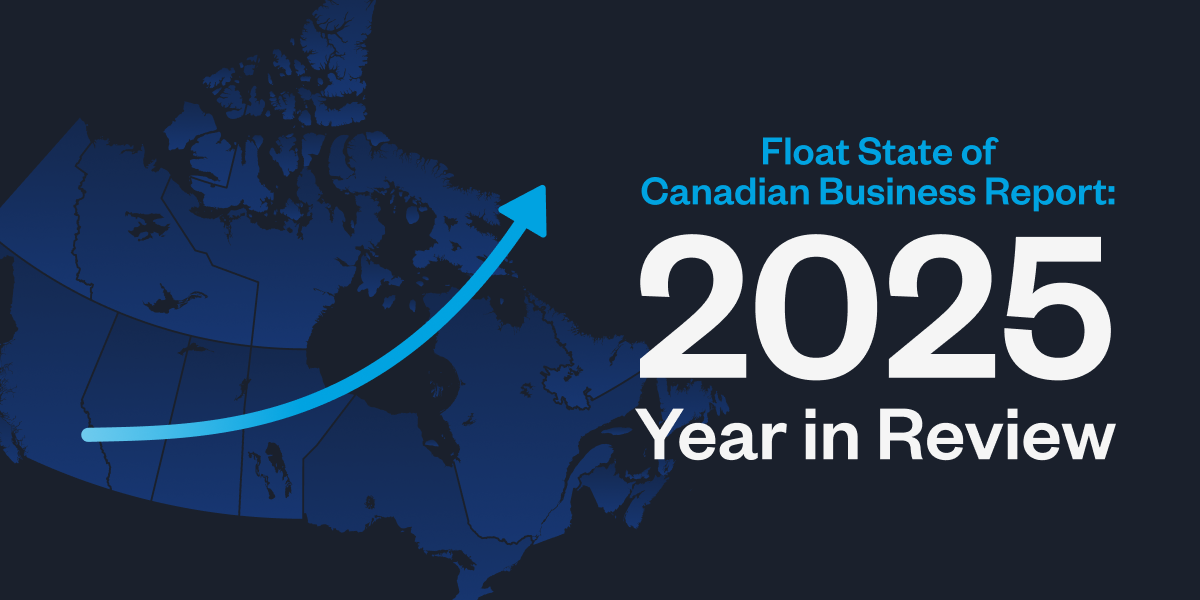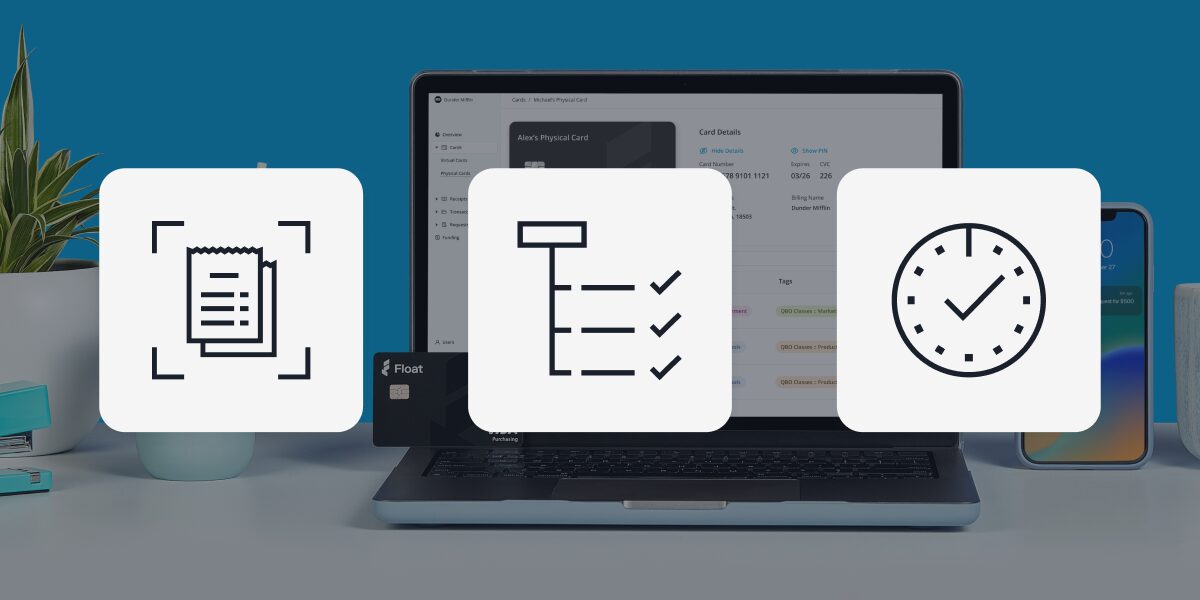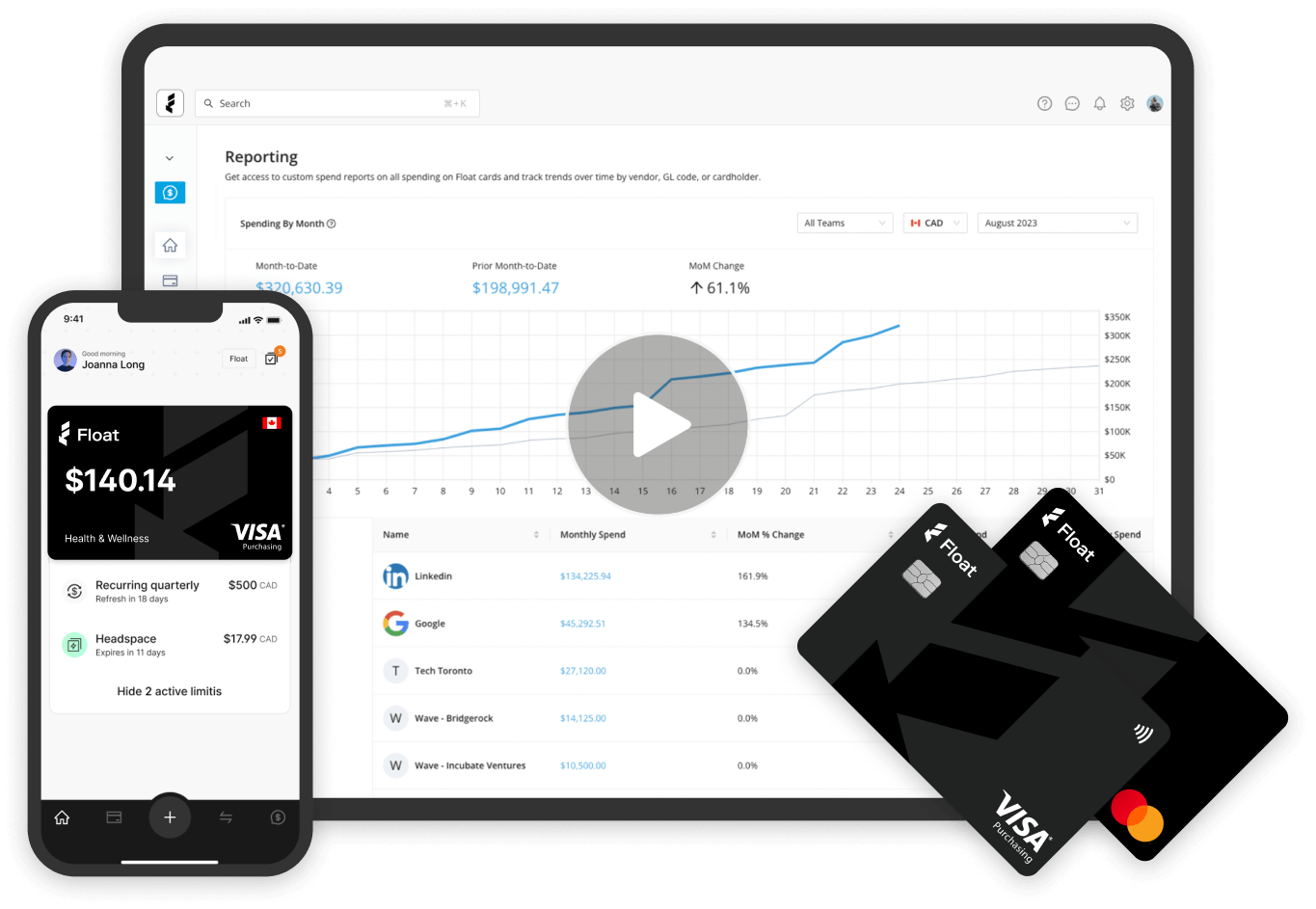Financial Controls & Compliance
U.S. Software Companies Are Now Charging Sales Tax: How Will This Impact Startups?
If you’re a Canadian startup who often uses U.S.-based software, then you’re probably wondering how this will affect the way you purchase, monitor and record these types of expenses.
August 31, 2021

Recently, many U.S. software companies have started adding sales tax to their software-as-a-service (SaaS) subscriptions. If you’re a Canadian startup who often uses U.S.-based software, then you’re probably wondering how this will affect the way you purchase, monitor and record these types of expenses. Don’t worry, we’ve got you covered. 👊🏻
When a SaaS company sells its product or service, they are required to comply with the tax laws in the region in which they are located. Depending on the state they’re in, these subscriptions may be taxable. For example, New York and Arizona require sales tax on all SaaS purchases, while California and New Jersey do not. Given that these tax rules are constantly changing, it’s important to keep tabs on how your SaaS subscriptions may be impacted.
How are we supposed to keep up with varying tax rules on SaaS subscriptions?
Well, with virtual cards we don’t have to. The truth is, physical corporate cards and traditional expense management software aren’t designed to track and monitor the growing use of SaaS subscriptions and the changing tax rules that come with them. Using virtual cards, startups don’t have to worry about these types of legal changes and can instead focus on what really matters — growing their business! 💸 When startups use virtual cards, all of the heavy lifting is done for them. When integrated with smart spend software, SaaS subscription purchases and applicable taxes changes are automated and calculated for you — it’s that easy 😉! For Canadian startups purchasing U.S. software subscriptions, each transaction gets processed and recorded instantly upon purchase and the tax is converted from USD to CAD in real time. This not only reduces mistakes in tax calculations, but it minimizes the overall time spent on expense management.
And for those who may be weary about virtual cards due to the potential risk of fraud, not to worry! If your card is compromised, you can instantly cancel it with a click of a button and your remaining balance will be completely secure. 🔐
At Float, our virtual cards support startups with all of the above. Tedious changes like tracking SaaS purchases and monitoring tax rules are all taken care of through our smart spend software. We’ve removed all of the guesswork, so you can officially put your calculators away. 🎉
We also understand that time is of the essence, especially in the startup world. That’s why our virtual cards are issued instantly and on the spot. Say goodbye to snail mail 🐌. Not to mention, Float enables startups to distribute as many cards as you need in less time, giving you the power to establish employee spending limits for greater control and oversight on your company financials.
Oh, and let’s not forget…Float’s onboarding process is quick and simple – so fast that we can have your entire team onboarded in one week! 🏃🏻♂️💨
To learn more, contact us to sign up for a demo today!
Written by
All the resources

Industry Insights
Canada’s Crossroads: Why Now is the Moment to Move from Defensive to Intentional Growth
Float's 2025 report on Canadian business shows modest growth, rising costs and shrinking reserves. Find out exactly what the data
Read More
Expense Management
Controller Month-End Close Automation: Streamline Financial Reporting
Controllers, this one's for you. Let's talk about how how automating month-end close helps you move faster without sacrificing accuracy.
Read More
Corporate Cards
Corporate Card Program Implementation: Complete Management Guide
Ready to implement a corporate card program? This is where to start.
Read More




